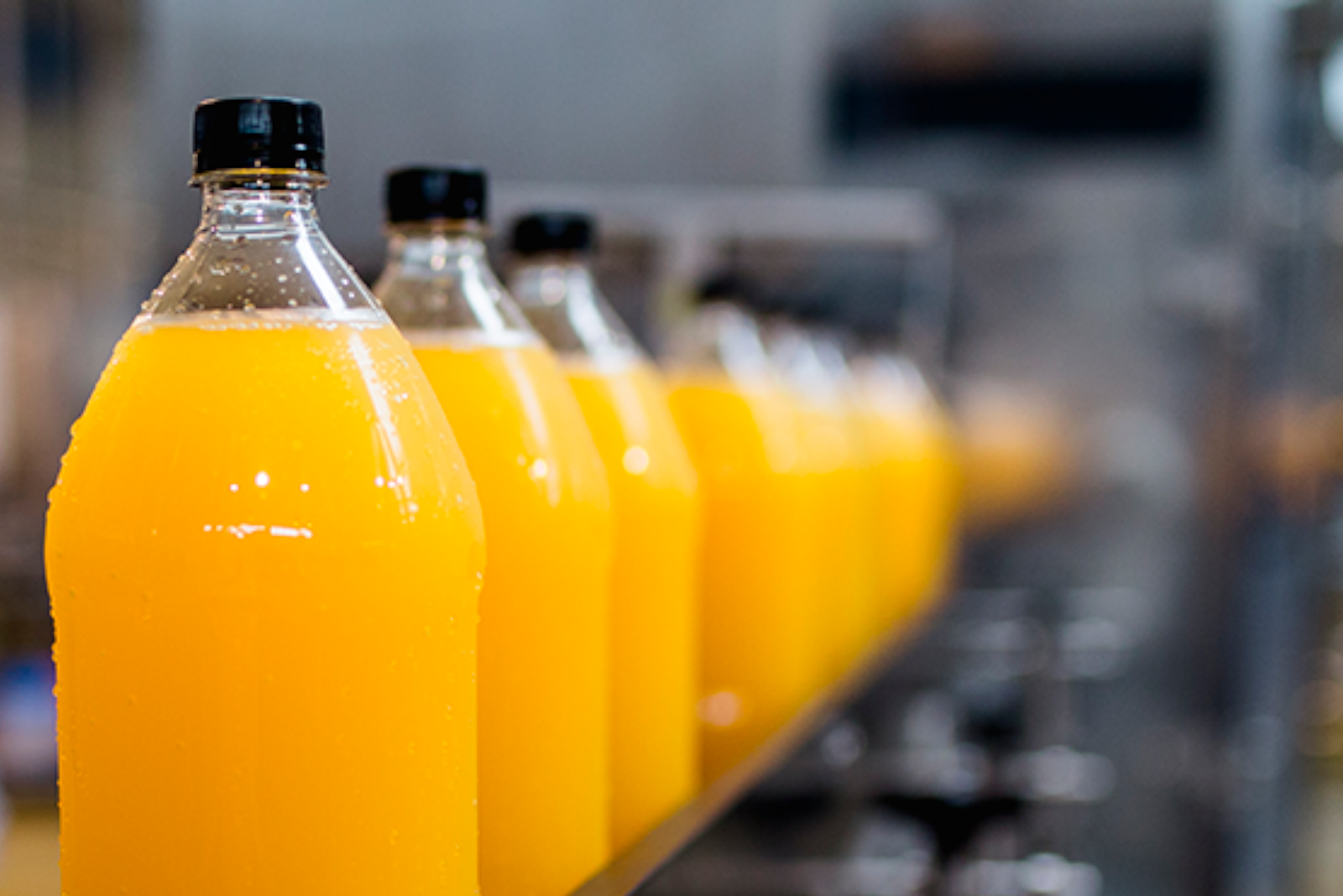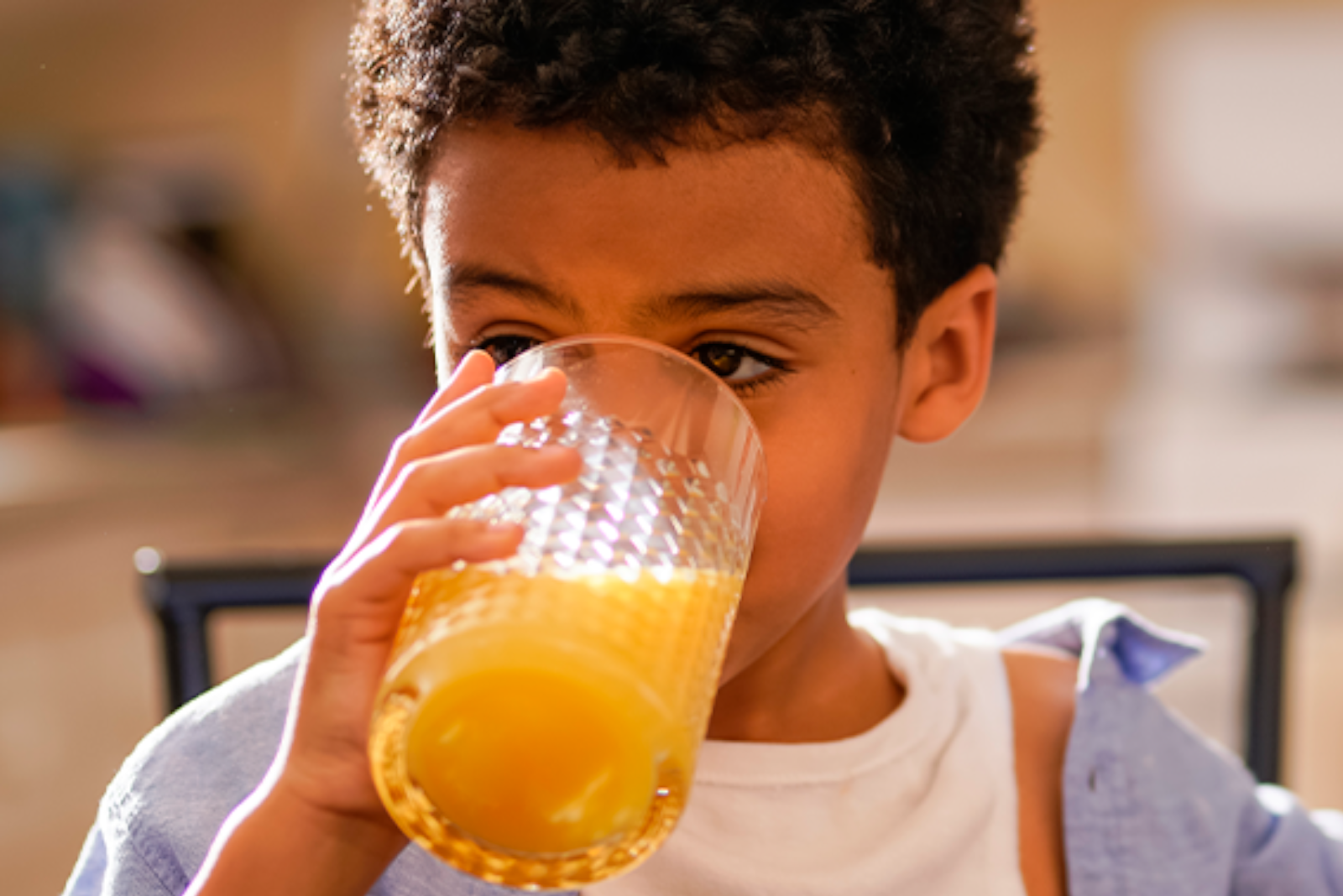Oranges are an important source of nutrients and plant compounds in the diet. This is irrespective of whether they are eaten as whole fruit or drunk as juice.
Many people have misconceptions about the nutritional value of fruit juices and the impact of processing on the nutrient content. Here we look at three facts about packaged orange juices and the nutrition they provide.
FACT 1: Orange juice is pure
It is legally prohibited to add sugars and additives which is why 100% orange juice doesn’t contain any preservatives, colourings, flavourings, sweeteners or other compounds that are not naturally present in whole oranges.
FACT 2: Orange juice contains essential nutrients
A typical glass (150 ml) of 100% orange juice provides, on average, 68 mg of Vitamin C. This is more than 80% of a typical person’s daily needs.
Vitamin C is necessary for the normal functioning of our immune system and contributes to the protection of our cells from oxidative stress (substances which perform this function are called antioxidants). Vitamin C also contributes to reducing tiredness and fatigue!
In addition, the same serving provides 16% of the recommended intake for folate, a nutrient that contributes to normal immune function and psychological function, and 13% of the recommended intake for potassium, a mineral that supports the maintenance of normal blood pressure and normal muscle function.
Like many other fruits, oranges also contain plant compounds, called polyphenols. The specific types found in oranges and their juices are hesperidin, naringin and narirutin.
FACT 3: Packaged orange juice maintains its nutritional benefits
Whether you drink orange juice squeezed at home or buy it from the store, it will contain similar amounts of vitamins, minerals and plant bioactives. Even processed orange juice counts as a minimally processed food as it’s simply put through a brief pasteurisation or high pressure process to remove any microorganisms that might spoil the product.
Many people wrongly believe that the vitamins in fruit juice are destroyed by pasteurisation or storage. This is untrue. The biggest issue for vitamin C is oxygen which is why fruit juice producers apply measures to carefully limit oxygen exposure while the fruit is being squeezed to minimise the loss of vitamin C before the juice is bottled.
Learn more https://aijn.eu/en/publications/key-eu-legislation/the-eu-fruit-juice-directive






